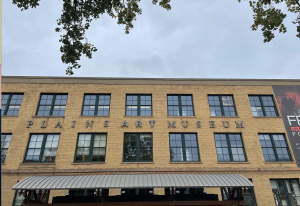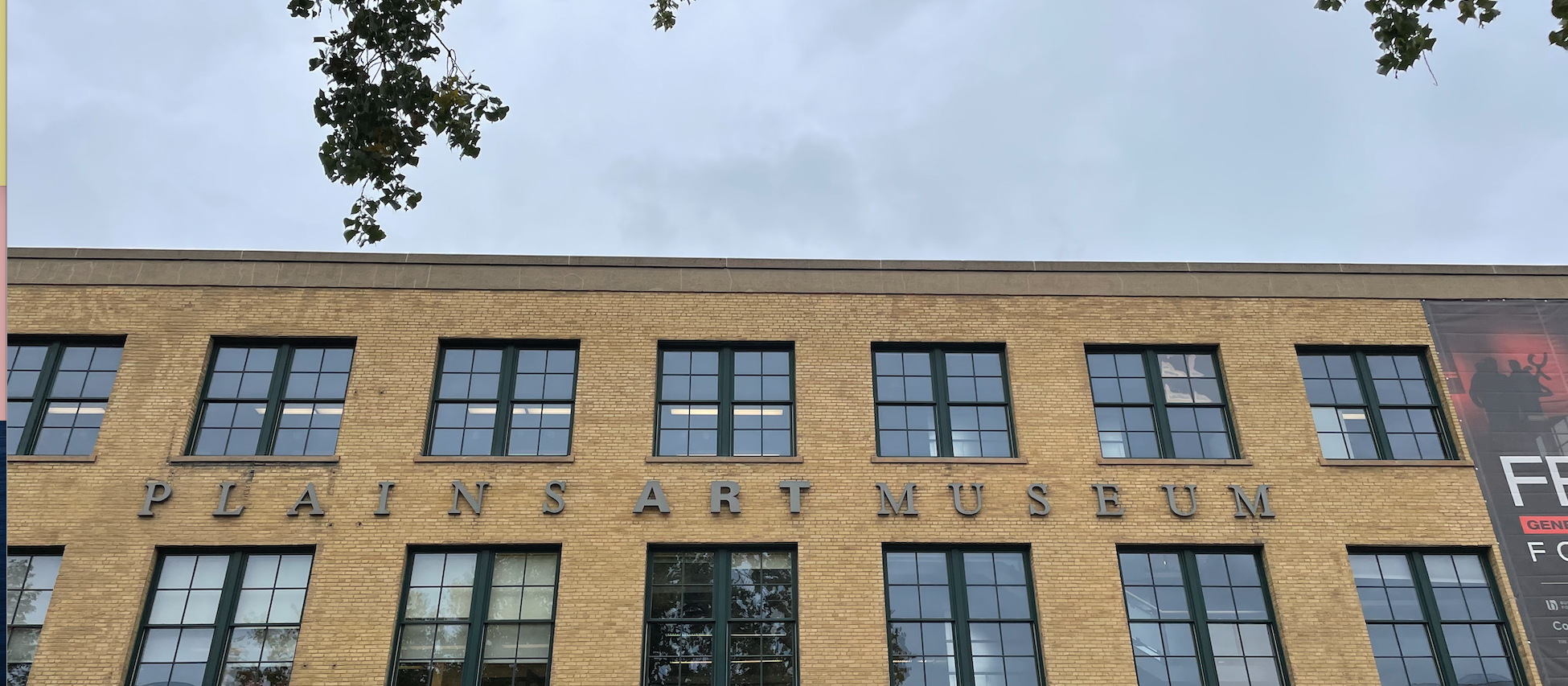On Friday Oct 10 an email was sent to all Concordia students, faculty, and staff, informing the community about an act of vandalism that had taken place the night before. The email said that unauthorized stickers had been placed around Concordia’s campus with clear ties to white supremacy, hate, and intolerance.
The email told students that the Bias Incident Response Team had received reports of the vandalism and that the stickers were in the process of being removed.
Anne Teitelman is the chair of the BIRT. In this role she leads weekly meetings and is the primary point of contact for reports.
“BIRT is comprised of a group of faculty and staff from various offices across campus. Currently, the Offices of Public Safety, Human Resources, Student Development and Campus Life, Communications and Marketing, and Academic Affairs are all represented on BIRT,” said Teitelman.
When a report of flagrant bias is received, Teitelman said that they want to make it clear to the community that they are aware of the incident, it does not align with Concordia’s values, they welcome any information that could help with investigation, and that resources are available for those who may be impacted.
This is not the first act of vandalism that the Fargo/Moorhead community has experienced these past few months. At the end of July the Lincoln Tunnel spray painted with propaganda from a group called Patriot Front. In September the same group vandalized the International Market Plaza in downtown Fargo twice.
Patriot Front is a white supremacist group. The group regularly spreads hate, as the Fargo/Moorhead, and now the Concordia community has seen.
Just this past week the group targeted the Plains Art Museum in Fargo. Similar to the acts of vandalism committed at Concordia and in the community, stickers were posted at the museum and it was spray painted. As soon as it was discovered staff acted to take stickers down and to cover up the spray paint.
Kaitlin Molden is the associate registrar for the Plains. She saw the vandalism before it was covered up and participated in some of the cleanup. Molden reports feeling uneasy about the situation. This is her place of employment, a place where she should be allowed to feel safe. She remembers thinking, “how many are there?”

Everyone in the community loves the Plains Art Museum, and the museum wants to serve everyone in the community. They want to help other groups who feel unheard, said Molden.
 In light of these recent events students and faculty remain hopeful. “What is heartening, on the other hand, is the ways in which you can see this community rallying together to resist the kinds of messaging the stickers send. I see people keeping vigilant watch over the campus and taking initiative to swiftly remove the stickers and report them to campus security,” said Tess Varner.
In light of these recent events students and faculty remain hopeful. “What is heartening, on the other hand, is the ways in which you can see this community rallying together to resist the kinds of messaging the stickers send. I see people keeping vigilant watch over the campus and taking initiative to swiftly remove the stickers and report them to campus security,” said Tess Varner.
Varner is professor at Concordia. She is the program director for the Women’s and Gender Studies program, an assistant professor in the philosophy department, and the programming facilitator at the Dovre Center.
“We are not insulated from the kinds of divisive behaviors, hateful rhetoric, and increasing nationalism we see elsewhere in the country and around the world. We do, however, have a great number of folks ready to resist all of that and come to the support of classmates, neighbors, and friends,” said Varner.
Individuals like Teitelman and Varner are optimistic about things at Concordia and in the surrounding area in light of these recent acts of intolerance. Students and faculty are creating their own spaces to lift people up, and the Plains is a great place in the community that is already doing that. “We need to be willing to do it, to offer that support,” said Molden.

